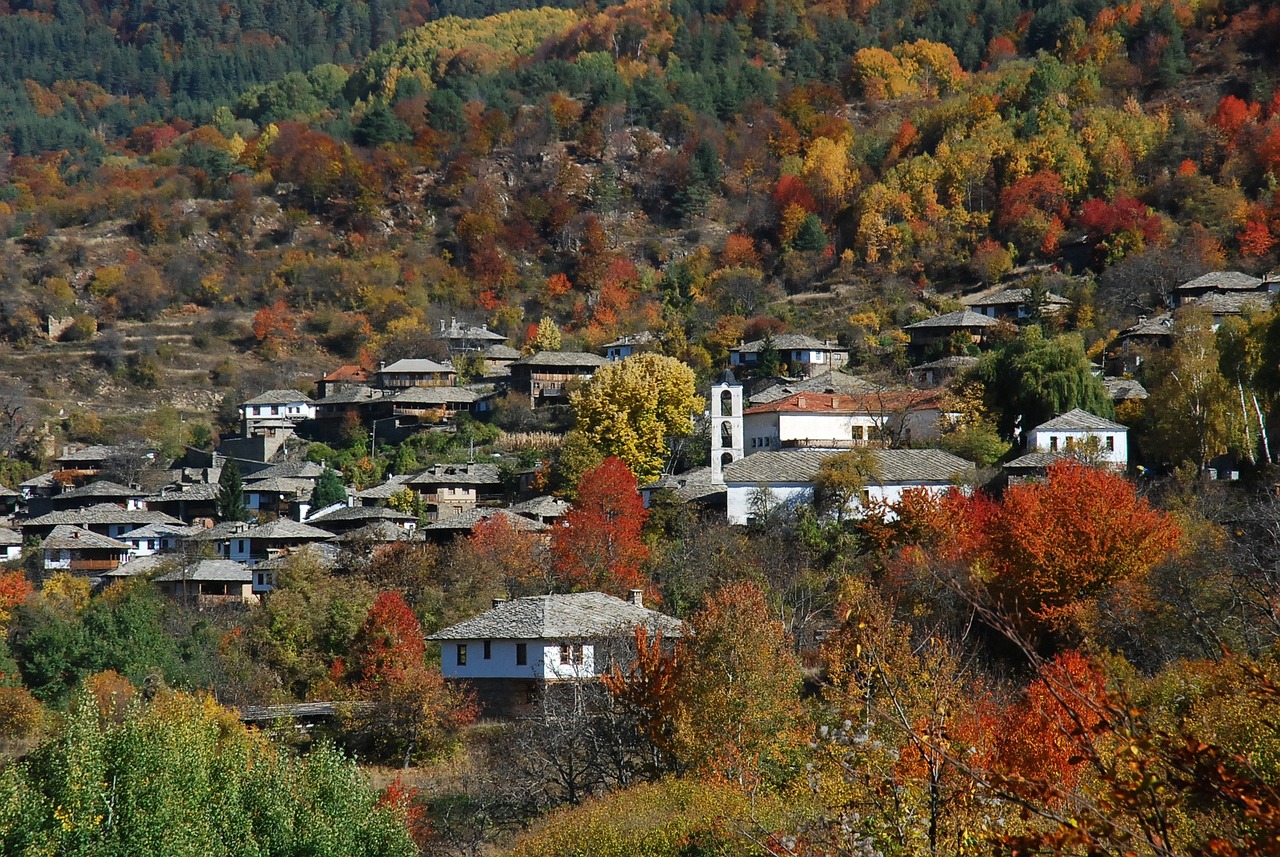Bulgaria Video
Getting Around: Transportation Tips for Bulgaria
Bulgaria, located in Southeastern Europe, is a beautiful country with rich history and diverse landscapes. Whether you’re planning to explore the ancient cities, relax on the stunning Black Sea coast, or hike in the picturesque mountains, knowing how to get around is essential. This article provides detailed transportation tips for navigating Bulgaria efficiently and conveniently.
Public Transportation
Public transportation in Bulgaria is well-developed and offers a cost-effective way to travel within cities and between regions. The following are some key modes of public transportation in Bulgaria:
- Buses: Buses are the most common mode of public transportation in Bulgaria. They operate in all major cities and connect smaller towns and villages. The buses are generally reliable and offer a comfortable journey.
- Trams: Trams are available in some larger cities, such as Sofia, Plovdiv, and Varna. They provide a convenient way to navigate the city center and are often a faster option during peak hours.
- Metro: Sofia, the capital city of Bulgaria, has a modern and efficient metro system. It is an excellent way to avoid traffic congestion and reach different parts of the city quickly.
- Minibuses: Minibuses, also known as marshrutkas, are small vans that operate on fixed routes. They are particularly useful for reaching destinations not covered by regular buses.
- Trains: Trains are a popular mode of transportation for longer distances within Bulgaria. They provide a comfortable and scenic journey, especially when traveling to destinations like Plovdiv, Veliko Tarnovo, and Burgas.
Taxis and Rideshares
Taxis and rideshares are widely available in Bulgaria and offer a convenient way to travel, especially for shorter distances or when carrying heavy luggage. Here are some important considerations when using taxis and rideshares:
- Taxis: Taxis in Bulgaria are typically yellow and have meters. It is important to ensure that the meter is turned on at the beginning of the ride to avoid overcharging. It is also recommended to use licensed taxi companies or reputable ride-hailing apps for a reliable and safe experience.
- Rideshares: Ride-hailing services like Uber and Bolt operate in major cities in Bulgaria. They provide an alternative to traditional taxis and often offer competitive prices and convenience.
Renting a Car
Renting a car can be a great option for exploring Bulgaria at your own pace, especially if you plan to visit remote areas or multiple destinations. Here are some important points to consider when renting a car in Bulgaria:
- Driving License: To rent a car in Bulgaria, you must have a valid driver’s license from your home country or an International Driving Permit (IDP).
- Traffic Rules: Familiarize yourself with the local traffic rules and regulations before driving in Bulgaria. Drive on the right side of the road and always wear seatbelts.
- Road Conditions: The road conditions in Bulgaria can vary, especially in rural areas. Be prepared for narrow and winding roads, and exercise caution while driving.
- Parking: Parking spaces may be limited in city centers, and some areas require paid parking. It is advisable to check parking regulations and use designated parking lots or garages.
- Insurance: Ensure that the rental car has proper insurance coverage. It is recommended to opt for comprehensive insurance to protect against any unforeseen circumstances.
Cycling
Bulgaria offers beautiful landscapes and scenic routes, making it a great destination for cycling enthusiasts. Here are some tips for cycling in Bulgaria:
- Cycling Routes: Bulgaria has a growing network of cycling routes, both on-road and off-road. Research and plan your route in advance, considering the difficulty level and your fitness level.
- Safety Equipment: Always wear a helmet and high-visibility clothing when cycling. It is also advisable to have front and rear lights on your bicycle.
- Traffic Rules: Observe traffic rules and regulations while cycling on the roads. Stay on designated cycling paths whenever possible, and be cautious of other road users.
- Repair Shops: Familiarize yourself with the locations of bicycle repair shops along your route. Carry basic tools and spare parts for minor repairs.
Air Travel
For long-distance travel within Bulgaria or international connections, air travel is an efficient option. Bulgaria has several airports, including Sofia Airport, Burgas Airport, and Varna Airport, which offer domestic and international flights. Consider the following tips when traveling by air:
- Booking Flights: Book your flights in advance to secure the best fares and availability. Compare prices from different airlines and consider direct flights for convenience.
- Arrival Time: Arrive at the airport well in advance, especially for international flights, to allow for check-in, security procedures, and potential delays.
- Baggage Allowance: Familiarize yourself with the baggage allowance and restrictions of your chosen airline. Pack accordingly to avoid additional fees or issues at the airport.
- Transport to/from Airports: Utilize public transportation, taxis, or airport transfer services to reach your destination from the airport. Pre-booking transfers can ensure a smooth transition.
Ferries and Boats
Bulgaria’s coastline along the Black Sea offers opportunities for ferry and boat travel. Here are some points to consider when using ferries and boats:
- Ferries: Ferries connect Bulgaria’s coastal cities, such as Varna and Burgas, with nearby destinations like Nessebar and Sozopol. Check the ferry schedules in advance, especially during the peak tourist season.
- River Cruises: Explore the beautiful Danube River by taking a river cruise. Various companies offer cruises that allow you to experience the stunning landscapes and visit different ports of call.
- Boat Rentals: Renting a boat can be a unique way to explore Bulgaria’s lakes and rivers. Many lakeside towns offer boat rental services, allowing you to enjoy leisurely trips or fishing excursions.
Conclusion
Getting around Bulgaria is made easy with the country’s well-established public transportation system, reliable taxi services, and the option to rent a car. Whether you prefer exploring the cities, mountains, or coastal areas, there are transportation options to suit every traveler’s needs. By following the transportation tips provided in this article, you can navigate Bulgaria efficiently and make the most of your visit.
Bulgaria Image 1:

Bulgaria Image 2:

Bulgaria Image 3:

References
– Sofia Municipality: www.sofia.bg
– Bulgarian State Railways: www.bdz.bg
– Sofia Metro: www.metropolitan.bg
– Sofia Airport: www.sofia-airport.bg
– Burgas Airport: www.bourgas-airport.com
– Varna Airport: www.varna-airport.com


